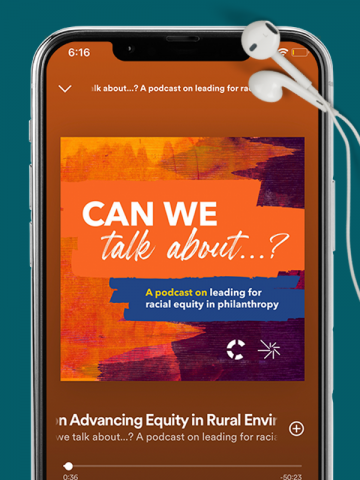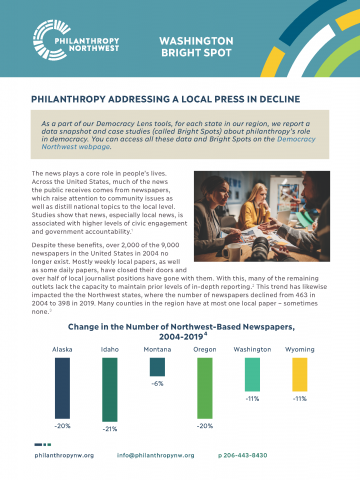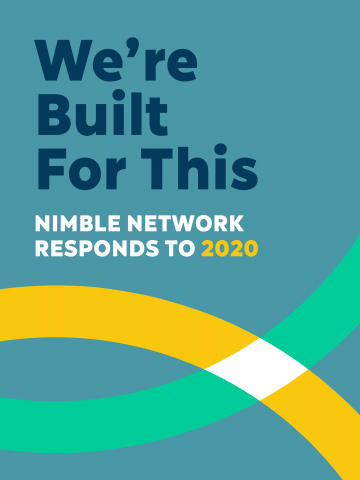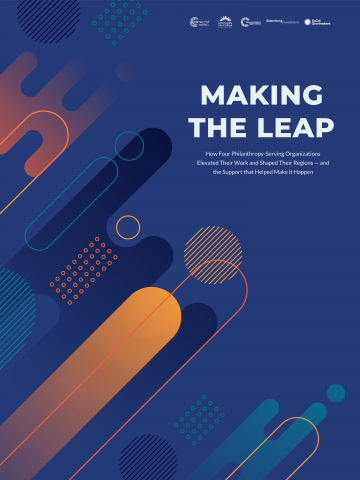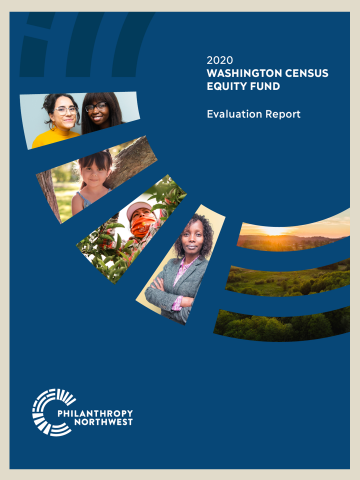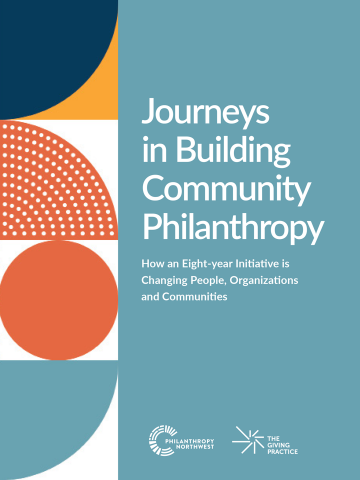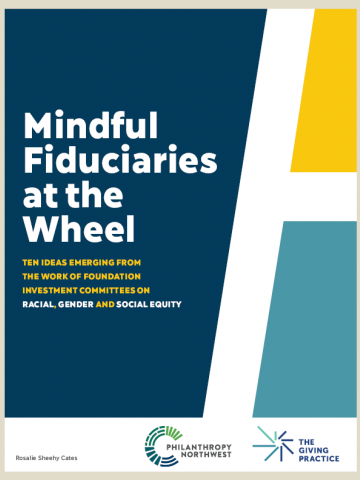Can we talk about...? A podcast on leading for racial equity in philanthropy
The Giving Practice
For leaders in philanthropy working to advance racial equity with their organizations, Can we talk about…? a podcast on leading for racial equity in philanthropy offers not a roadmap or checklist but stories – honest reflections, bold moves, aha moments, moments of fear, discomfort, joy and levity — to guide and support you along your journey.
